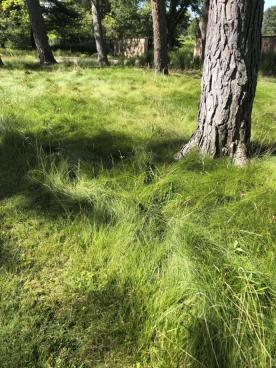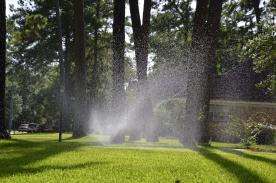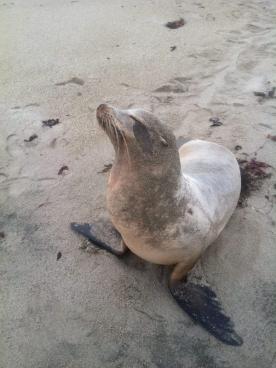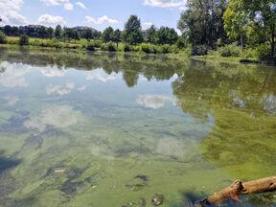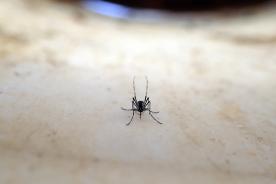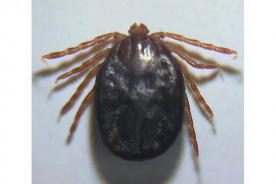News
How does your lawn grow?
August 14, 2020
Krista Pullen In the Garden Aug 7, 2020 MariuszBlach It’s hard to believe that it is time to start thinking about fall.
Read MoreChuck Martin: Where is the American lawn headed?
August 14, 2020
Chuck Martin, Whiting Forest Published 1:49 am EDT, Saturday, August 8, 2020
Read MorePesticide-Treated Lawns and Fields Are a Hazard to Children and Dogs
August 7, 2020
Many parents avoid pesticides in food, but what about in parks and playing fields? By Katherine Martinko Updated August 06, 2020 Child plays on freshly mowed lawn.
Read MoreImproving Local Water Quality Through Lawn Conversion
August 7, 2020
Vincent Cotrone, Penn State Extension Aug 6, 2020 Updated 22 hrs ago
Read MoreTips for growing a more resource-efficient lawn
August 7, 2020
By SKIP RICHTER Water supplies are not unlimited, and lawns are often vilified for their “drinking problem.” Much of the water applied to lawns is wasted because of misapplication, incorrect scheduling and systems in disrepair.
Read MoreTackling toxic algal blooms from two directions
August 7, 2020
When sea lions are affected by domoicacid they may make odd head movements.Credit: Iliana Ruiz-Cooley
Read MoreYou pond scum: Algae blooms return to Arkansas waters
July 30, 2020
Harmful algal blooms often begin to occur in early to mid-summer in Arkansas, as temperature rise. Brad Austin, Arkansas Water Resources Center
Read MoreHere’s why you should let your lawn get a little wild
July 30, 2020
by Sam Schipani July 25, 202 Naturalizing your lawn by skipping the pesticides and herbicides and instead letting plants like clover, dandelion and ground flower throughout the season will create opportunities for pollinators all season long. Credit: Gabor Degre | BDN
Read MoreWhy Some Mosquitoes Prefer Humans
July 23, 2020
By Angela Chen July 23, 2020Updated 11:29 a.m. ET A few species find us irresistible; the rest are unimpressed. A three-year-long experiment offers an explanation for the difference in taste.
Read MoreThousands of these self-cloning ticks have been known to attack animals. They’re now in Kentucky.
July 23, 2020
Why the Asian longhorned tick is more than a menace BY KARLA WARD JULY 21, 2020 11:05 PM , UPDATED JULY 22, 2020 01:11 PM Pet and livestock owners be aware: an invasive species of tick that can reproduce without mating and is known to attack animals in large numbers has been found in Kentucky.
Read More

